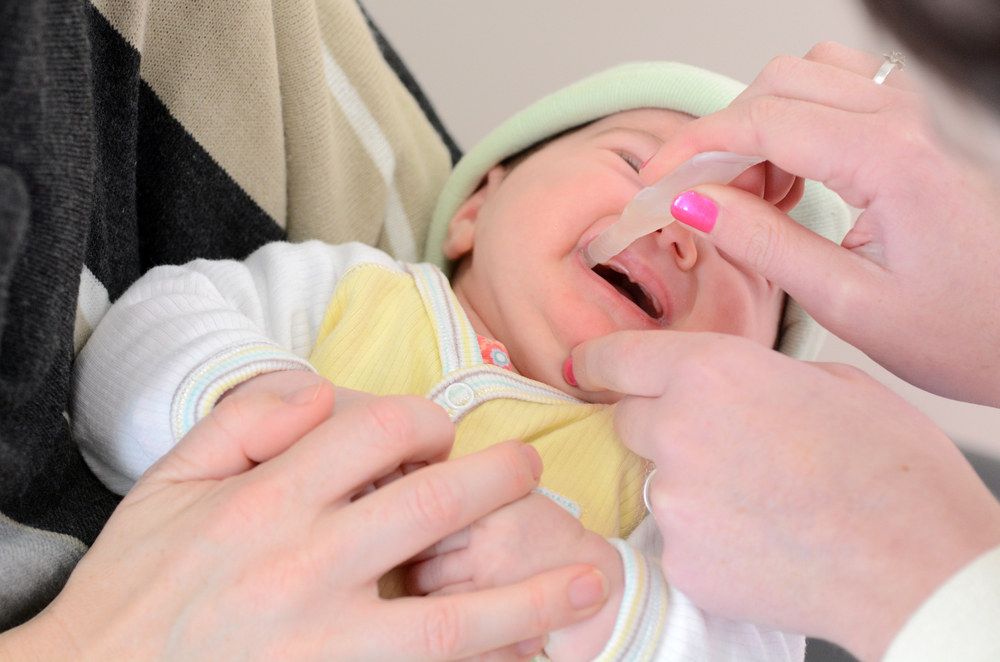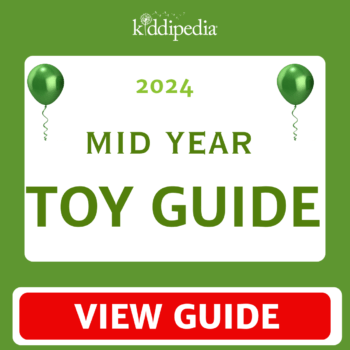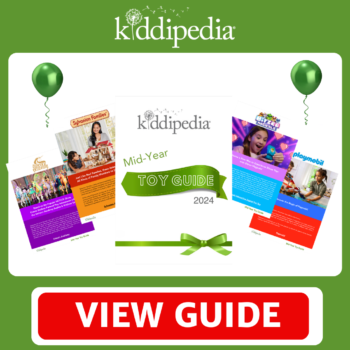Immunisation is available to you for free in Australia and is designed to prevent your child from contracting preventable, potentially deadly diseases.
It’s a big topic and most people get the sense that it is something they’d like to do for their children without having to think too deeply about it.
If you choose to immunise, you can start this after baby turns six weeks old. Your health nurse should give you more information about how to access this through either your local council or your GP.
If you want to make sure you don’t forget, you can download the Vax on Time app to remind you when bubs is due: https://itunes.apple.com/au/app/vaxontime-immunisation-reminders-for-parents-who-live/id1063193669?mt=8
Choosing not to vaccinate
Some families look into immunisation in great depth, do a lot of research and decide it’s not for them. I respect each parent’s wish to do what they feel is best for their child. I’ve had many clients choose not to immunise and that’s their prerogative.
However, immunisation is proven through robust scientific studies to be safe and effective in preventing children from contracting the diseases. There is not, however, any solid research that tells us it is not safe. There is plenty of ‘research’ out there, but the studies aren’t considered to be ‘robust’ in terms of the study design. You will certainly be able to find ‘research’ against immunisation on the internet, but unless you have a good grasp on what is reputable research, reading up online is probably a not the best way to make your decision.
I would recommend talking to someone in the immunisation department at, for example, your local council or children’s hospital about your concerns. A good place to start is the Immunise Australia website: https://www2.health.vic.gov.au/public-health/immunisation/immunisation-provider-information/vaccine-facts
Not vaccinating your children will have implications for your ability to access childcare, kindergarten and Centrelink payments. Your child will obviously be more vulnerable to contracting those preventable diseases, particularly when you travel or if you live in an area with a high rate of non-vaccinators.
Extra self-funded vaccinations
There are a few additional vaccinations on top of the normal childhood schedule that you can choose to give as extras at your own expense. These might include a yearly flu vaccination, a course of extra meningococcal vaccines and a chicken pox booster. Ask the provider who is vaccinating your child about them.
You may also like to read:








